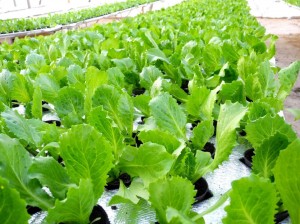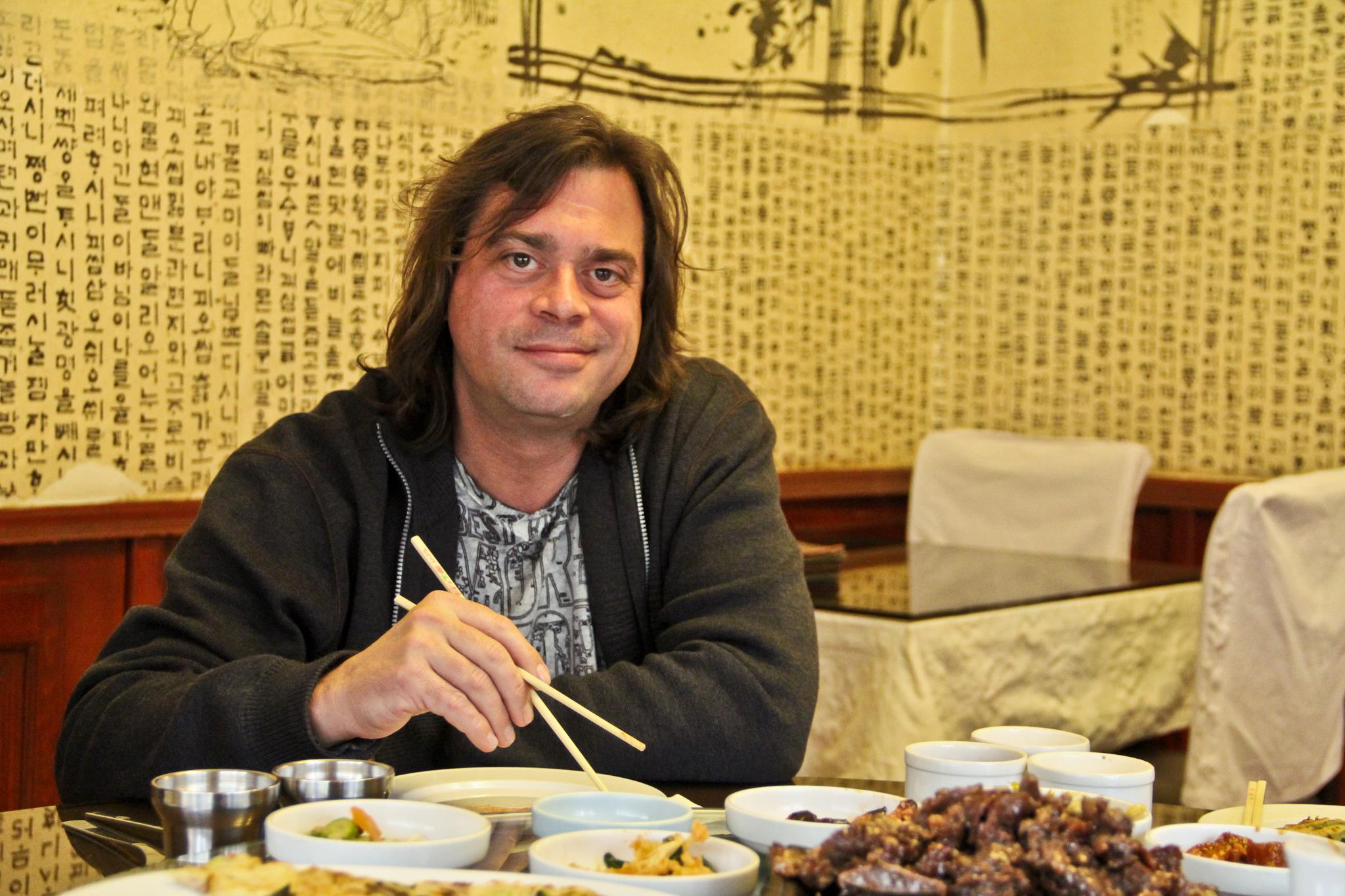
If you have to be wearing a mask to be near plants when they are being sprayed with pesticides, how safe is it to be eating them a few days later? A question that is frequently asked by the budding environmental initiatives in Egypt after the revolution.
Egyptian Hydrofarms is the latest environmental effort that is looking to supply you, and possibly the restaurants you frequent, fresh vegetables that are grown hydroponically and pesticide-free.
“I have been working on the idea for a year now, developing it,” said Amr Bassiouny, founder of Egyptian Hydrofarms.
The idea, at its most basic, has been around since pharaonic times but Bassiouny says so far no one has been able to implement it efficiently,
“The main aim was to implement it in a way that was practical for the market and that could one day produce results on a large-scale.”
Today, Egyptian Hydrofarms produces a half tonne of lettuce and other herbs, “until we start operating at full capacity, we are only producing a half tonne of things that are considered greens; lettuce, basil, rocket, spinach, et cetera. Basically, anything that does not grow on a tree, like tomatoes, we either produce or are planning on producing,” said Bassiouny.
Bassiouny is also the founder of The School of the Desert, which teaches people how to survive in the desert, as the Bedouins have for centuries, and become self-sufficient.
“This project started with me wanting to help the Bedouins after the revolution. With ground water, you run into the issue of the water’s salt content rising, rendering it useless for some plants and no good for drinking. Our purification techniques can resolve these issues and conserve much of the water that is traditionally wasted,” he said.
Bassiouny says this project can be implemented on a large-scale in Egypt and all around the Middle East. “The issue is that no one has done it in a way that is attractive to the market and that the materials are not readily available, we had to improvise with many of the things we used.”
Egyptian Hydrofarms says the word “hydroponics” literally means “working water”. They call it the “art” of farming without the use of irrigation and therefore without the use of pesticides. The plant roots are allowed to grow in a nutrient-rich solution which Bassiouny says decreases water consumption by as much as 80-90% compared to traditional farming.
“We also eliminate most of the crawling insects because we use elevated pots, and for flying insects, we only have to spray some garlic solution every two to three weeks, so there is almost no harm to the environment,” said Bassiouny.
The farm, located at km 52 on the Cairo-Alex road, may be a small-scale effort for now, but the efficiency and sustainability of its idea makes this project something that can grow, and that’s exactly Bassiouny’s plan.
“We want to expand and start setting up the project to those who are interested. We want to provide the know-how to those willing to undertake the project, including the government and change the way we eat.”



